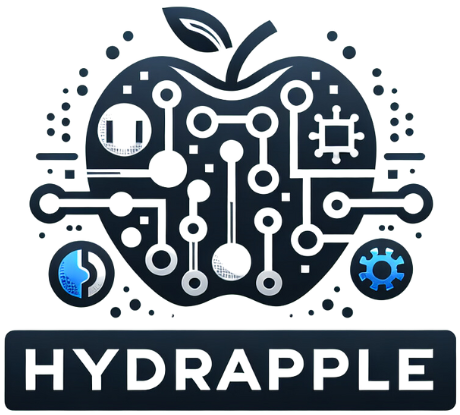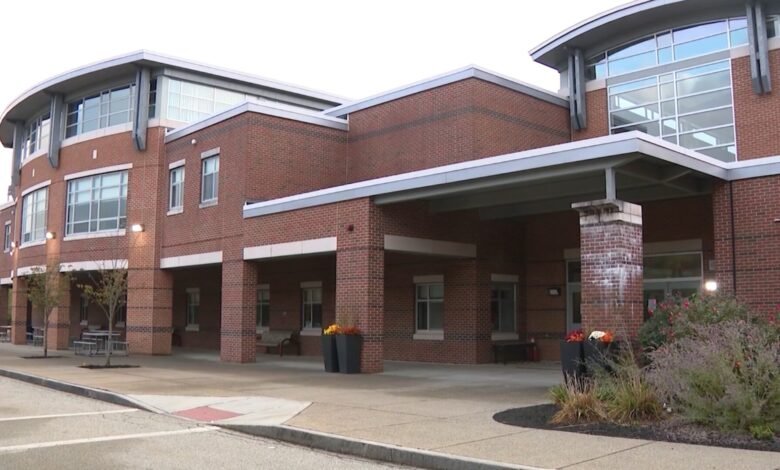Artificial intelligence (AI) has revolutionized industries across the board, and training isn’t an exception. From customized knowledge of structures to AI-primarily based tutoring equipment, the opportunities to beautify teaching and mastering have never been more exciting. That stated, AI additionally affords critical questions about ethics, responsibility, and the function of era in schooling.
One of the highest-profile cases that highlights those challenges is the current Hingham High School AI lawsuit. A student’s use of AI for a school venture led to disciplinary motion, sparking a prison war that has captivated educators, dads and moms, and legal specialists alike. This weblog breaks down the info on the Hingham case, explores its broader implications, and gives actionable insights into how colleges, educators, and groups can address AI responsibly.
The Growing Role of AI in Education
AI is transforming lecture rooms, offering equipment that adapts to character mastering styles, tracks development, and automates administrative duties. Some key regions where AI is distinguished in school include:
- Personalized learning: Platforms like DreamBox and Khan Academy use AI to tailor lesson plans to personal scholars’ needs.
- Automated grading: Tools like Gradescope help educators save time by automating grading for assignments and checks.
- Content generation and enhancement: Instructors and students use applications like ChatGPT and Jasper for writing help, research, and more.
Despite its advantages, the use of AI in education raises questions, specifically about educational integrity and the ethical use of such gear.
The Hingham High School AI Lawsuit
The lawsuit, filed in September 2024, was filed against Hingham High School in Massachusetts facilities on a pupil, recognized as RNH, accused of fallacious AI use for the assignment of a record. Here’s a breakdown of the key information of the case.
The Student’s Actions
RNH used AI to assist his studies and create a definition for his records mission but claimed he did not use it to write the final paper. Despite this, the college concluded that his actions violated their instructional integrity rules. The punishment included detention, a grade reduction to C+, and exclusion from the National Honor Society.
The Parents’ Response
RNH’s parents argued the school had no clear AI rules during the 12 months of 2023-24 faculty. They sought an initial injunction to expunge the disciplinary report, increase their son’s grade to a B, and shield his university and professional possibilities.
The Judge’s Ruling
Magistrate Judge Paul G. Levenson denied the injunction, siding with the school on both prison and actual grounds. The lawsuit remains pending, but it has sparked sizable debates about AI’s position in schooling and the need for clean regulations.
What Can We Learn?
The Need for Clear AI Policies
One of the most significant takeaways from the Hingham case is the urgency for schools to undertake complete AI rules. Educators must outline the desirable use of AI tools and how they can be included in academic work. Key additives of AI coverage must consist of the following:
- Students and teachers achieve transparency in AI use.
- Precise definitions of educational integrity violations related to AI.
- Guidelines on AI’s function in research, writing, and collaboration.
Ethical Considerations in AI Use
Ethical questions arise over the integration of AI in education. Is using AI to write an essay equal to plagiarism? Can AI-generated content material replicate a student’s information on a topic? Schools should balance AI’s innovative ability with the desire to uphold instructional integrity and ensure students are assessed on their skills.
Balancing Innovation and Accountability
AI is right here to live, and banning it outright is neither practical nor beneficial. Instead, schools should focus on teaching students how to use AI responsibly. Providing education about the competencies and barriers of AI—and fostering critical thinking about its ethical implications—is vital.
The Ripple Effects on Students and Educators
The Hingham lawsuit has impacted the affected pupil, their parents, and the school community.
For Students
RNH’s case demonstrates the risks of navigating uncharted territory. Without clear hints, students may also unknowingly exceed limitations when using AI gear to enhance their paintings. Schools need to ensure students recognize both the abilities and pitfalls of AI.
For Educators
The case is a wake-up call for teachers to be knowledgeable about rising technologies. Educators need to rethink how they assess students, shifting toward projects and exams that examine crucial thinking and originality past AI competencies.
For Schools
This situation highlights the importance of collaboration between faculties, dad and mom, and policymakers to create environments that foster innovation while preserving equity and duty.
Building a Future of Ethical AI in Education
The Hingham High School AI lawsuit is one example of the demanding situations ahead as AI becomes entrenched in training. Schools must act proactively to increase frameworks that aid ethical AI use. Here are a few steps to remember when shifting forward.
Develop Comprehensive AI Policies
Clear, complete recommendations that outline perfect and unacceptable uses of AI are a must. These policies must be updated often because the generation evolves.
Invest in Teacher Training
Educators want ongoing training to recognize AI, its use, and its implications. This information empowers them to guide students while rethinking traditional assessment methods.
Foster Collaboration
Schools must engage with stakeholders, including parents and children, students, and criminal experts, to ensure that guidelines reflect community values and fulfil all capability eventualities.
Teach Responsible AI Use
Beyond defining policies, colleges must teach students how to use AI gear responsibly. They should encourage discussions about ethics, privacy, and virtual literacy.
Focus on Innovation
While policies are essential, they shouldn’t stifle creativity. Schools should discover ways to encourage innovation through AI, helping students harness its potential to decorate—not replace—their knowledge.
Charting the Path Forward
The Hingham High School AI lawsuit has brought important ethical guidelines and future issues of technology in education to the forefront. It reminds us that while AI offers brilliant possibilities, caution should be exercised regarding its inclusion.
The road ahead requires collaboration, innovation, and vigilance for educators, dads, moms, and policymakers. By getting ready now, we can ensure that AI enhances training in ethical, honest, and valuable approaches for all.

